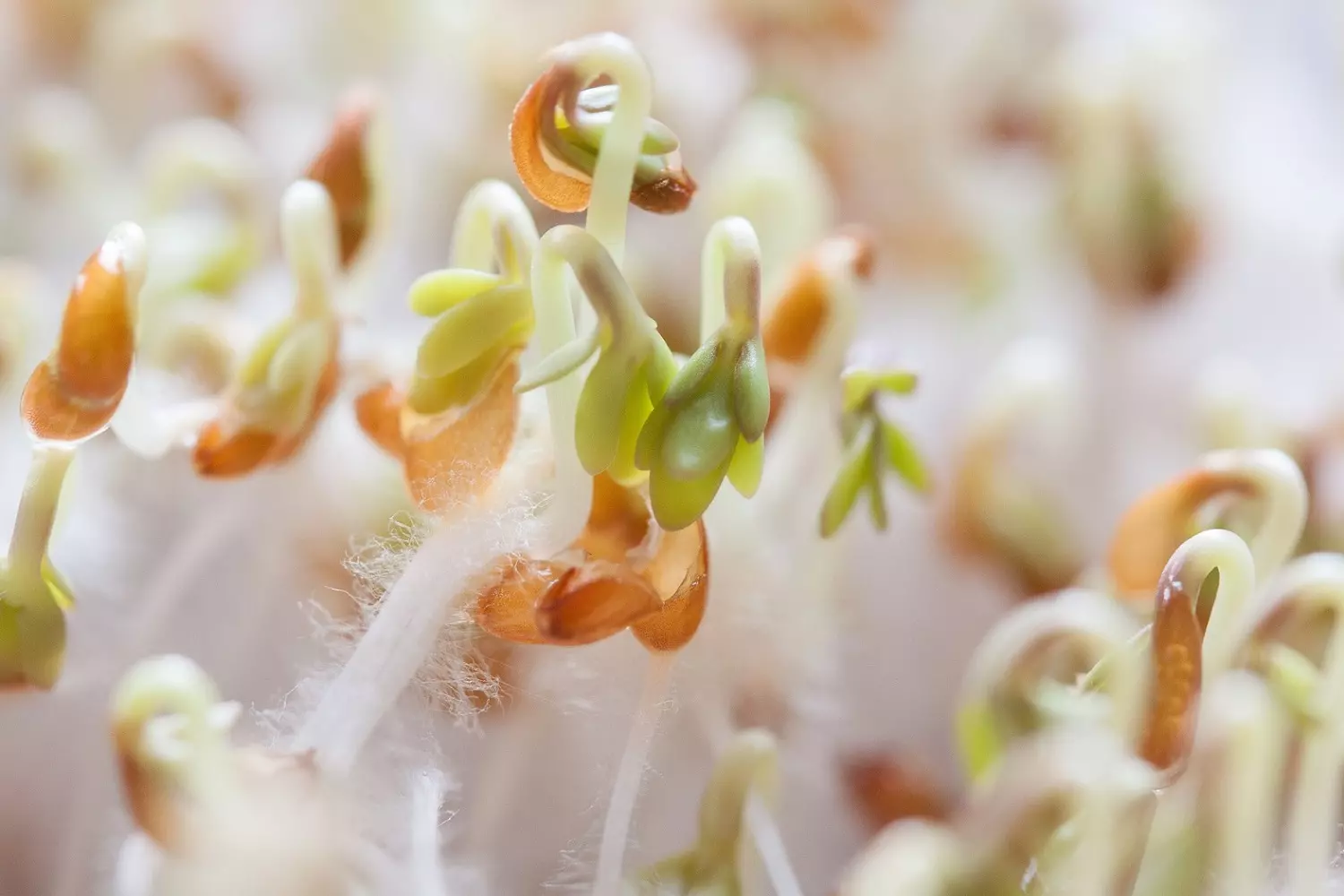[Originally published as Please Stop Believing Facebook, Especially When It Comes to Science!]
As I was scrolling through Facebook, finding my historical twin and learning what my friends are eating, I noticed a post on my wall. It was from someone I know only through Facebook, but I read her work from time to time, because she is a really good writer. Her post contained the picture above and linked to an article entitled, “WiFi Experiment Done By A Group Of 9th Grade Students Got Serious International Attention. THIS Is Why…” She asked if I knew whether or not the results were legitimate.
The experiment went like this: Students took 12 trays of cress seeds and put 6 of them in one room and 6 in another room. The six trays in one room were next to two WiFi routers, while the 6 trays in the other room were nowhere near a router. They tried to keep everything else (temperature, amount of water given, etc.) the same for all 12 trays. The article says:
After 12 days what the result spoke was clear: cress seeds next to the router did not grow, and some of them were even mutated or dead.
Obviously, then, WiFi routers produce something that kills (and apparently mutates) cress seeds.
I told my Facebook friend that the post reminded me of something that was popular a few years ago. It was an experiment where a person watered a plant with regular water and watered another plant with water that had been in a microwave oven. After several days, the one watered with microwaved water died, while the other one flourished. Obviously, then, microwave ovens are bad for you. Of course, the heart of science is being able to replicate experiments, and many people found that they couldn’t replicate the reported results. Indeed, the Mythbusters did an episode showing that microwaved water didn’t harm plants in any noticeable way.
Well, some people have tried to replicate the results of the cress seed experiment. Not surprisingly, the results are nothing like the Facebook post. However, some experiments did see some effect. For example, here is an experiment that was published in a Romanian Engineering Journal. It does show that while all the seeds did grow, the plants next to the WiFi router didn’t grow as well as the plants that weren’t near a WiFi router. Now, if you read the article, you’ll see that the plants were really close to the router. I don’t know many people who grow their plants that close to a router.
Here’s another attempt to replicate the experiment. It was not published in a scientific journal, but it seems to control variables much better than the one that was published. It found no difference between cress plants grown near a wifi router and cress plants grown nowhere near a WiFi router. Of course, if you look at the setup (pp. 20 and 24), the plants aren’t quite as close to the router as they were in the published experiment, so that might be part of the reason for the different results.
In the end, then, there is simply no way to definitively state whether or not WiFi signals are bad for plants. At minimum, they aren’t as bad for plants as the Facebook post would lead you to believe.
Of course, most people don’t worry about plants. They worry about whether or not WiFi signals (and cell phone signals and other sources of electromagnetic radiation) are harmful to people. Unfortunately, the answer is roughly the same as it is for plants: We really don’t know. Some studies see adverse health effects due to electromagnetic radiation, some studies do not. One good comprehensive review of those studies can be found here. A more recent one focusing specifically on childhood cancer can be found here.
Of course, the main point of the post is simple: Don’t believe something just because you read it on Facebook. That should go without saying, but unfortunately, it needs to be repeated time and time again!







Social media, in fact all media today, thrives and exists on sensationalism. And face it, the title “WiFi signals aren’t as bad for plants as first believed” would absolutely no views, clicks or likes! Media today is all about attention and sales, not about truth. Sad world we’ve become when Facebook is believed with more authority than Scripture! William